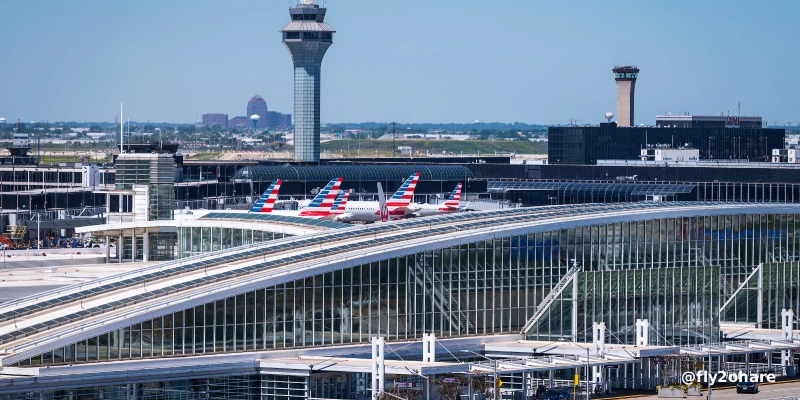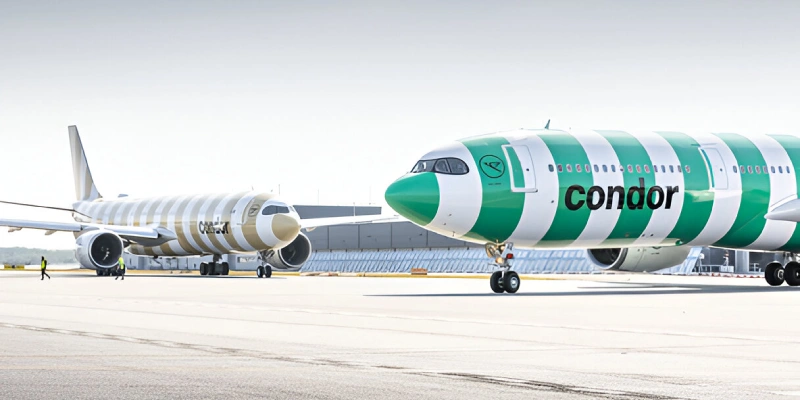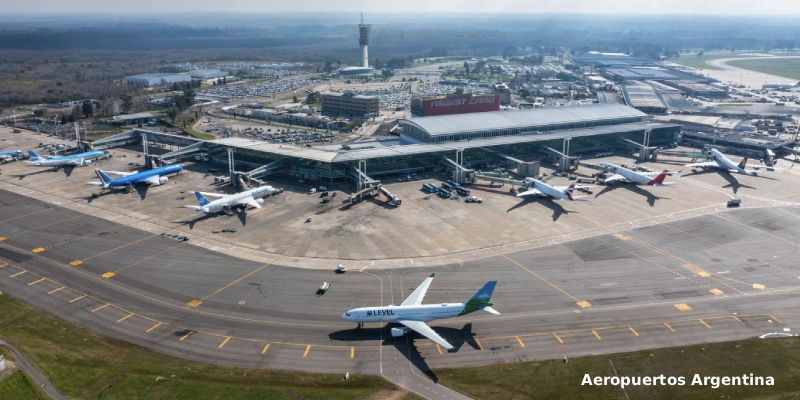Arajet, the Dominican low-cost airline, has just signed a key agreement with the International Air Transport Association (IATA) to implement the Turbulence Aware tool, a state-of-the-art system that revolutionizes how turbulence is managed during flights.
What is Turbulence Aware and Why Does It Matter?
Turbulence Aware is a platform developed by IATA that collects anonymous real-time data on turbulence encountered by flights operated by affiliated airlines. The information is immediately shared with pilots and flight dispatchers, who can anticipate turbulence zones and reroute more efficiently and safely.
This not only reduces onboard discomfort but also optimizes fuel consumption, improves punctuality, and, most importantly, enhances the safety of crew and passengers.
A Strategic Decision for Passenger Comfort
Victor Pacheco Mendez, CEO and founder of Arajet, explained the impact of the agreement: “This partnership with IATA represents another step in our commitment to offering a more comfortable, safe, and efficient flight experience for all our passengers.”
→ Arajet Inaugurates New Route Between Santo Domingo and Newark
Arajet is betting on technology as a cornerstone of its growth, and this alliance with IATA is a clear testament to its long-term vision: making every flight a more predictable and pleasant experience.
IATA Highlights the Importance of Adding More Airlines
Peter Cerda, IATA’s Regional Vice President for the Americas, also welcomed Arajet’s inclusion in the platform: “We are pleased that Arajet has decided to join Turbulence Aware. With each additional airline contributing data, we enhance the real-time information provided to flight crews, helping them mitigate the effects of turbulence. It is also positive to see another Americas-based airline joining the platform.”
With this decision, Arajet becomes the first Caribbean-based airline to integrate this advanced technology, strengthening the data network covering Latin America. This move not only improves its own operations but also contributes to the regional aviation ecosystem, facilitating safer flights across the area.
The agreement was signed during the ALTA Air Safety and Flight Operations Summit, held in Mexico City, a key forum for discussing the operational challenges facing the industry in the region.
Related Topics
Middle East Airport Crisis: Infrastructure Attacks, Massive Operational Disruption, and Thousands of Travelers Stranded
FAA Proposes Flight Reductions at Chicago O’Hare to Avert Summer Operational Collapse
Condor to Move Operations to Frankfurt Airport’s New Terminal 3 in 2027
Argentina: Ezeiza Airport Launches Investment Plan Exceeding US$100 Million to Expand Operational and Logistical Capacity

Plataforma Informativa de Aviación Comercial con 13 años de trayectoria.




